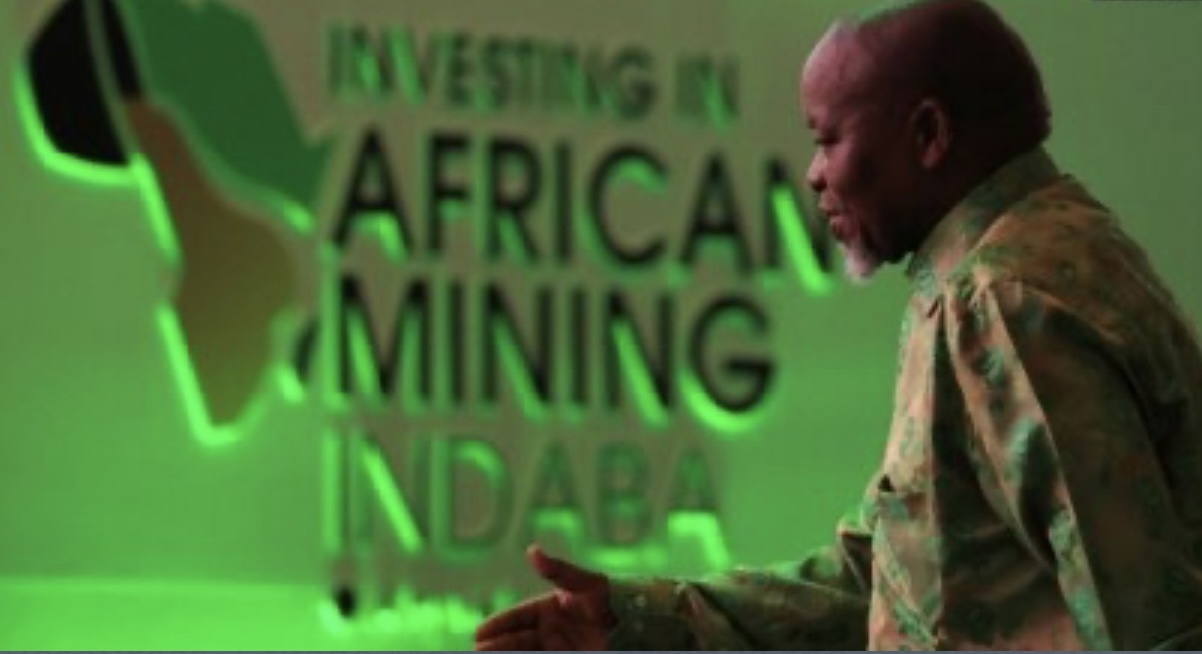 Cape Town, South Africa The annual African Mining Indaba, a premier gathering of industry leaders, investors, and policymakers, took an unexpected turn this year as discussions veered toward the potential return of former U.S. President Donald Trump to the White House. Amid critical conversations on resource management, sustainability, and economic growth, the Trump effect on global markets and African mining investments became a focal point of debate.
Cape Town, South Africa The annual African Mining Indaba, a premier gathering of industry leaders, investors, and policymakers, took an unexpected turn this year as discussions veered toward the potential return of former U.S. President Donald Trump to the White House. Amid critical conversations on resource management, sustainability, and economic growth, the Trump effect on global markets and African mining investments became a focal point of debate.
With the 2024 U.S. presidential election approaching, many African mining stakeholders are weighing the possible implications of a second Trump administration. Industry leaders recall Trump America First policies, which prioritized U.S. domestic energy production, tariffs, and trade renegotiations measures that had significant ripple effects on global commodities.
Under the Biden administration, Africa has seen increased investment in critical minerals, particularly in lithium, cobalt, and rare earth elements essential for green energy technologies. However, concerns persist that Trump potential return could lead to a reversal of these policies, shifting U.S. priorities away from Africa and toward domestic resource development.
Many African nations depend on Chinese investment in their mining sectors, and Trump historically tough stance on China adds another layer of complexity. Some analysts at the conference suggested that heightened U.S.-China tensions could force African countries to navigate a challenging geopolitical landscape, balancing investment interests between two global superpowers.
Trump trade wars with China impacted African economies in indirect ways, particularly in terms of demand for raw materials, said an industry analyst at the conference. If he returns, we may see new tariffs, sanctions, or restrictions that could alter investment flows into Africa mining sector.
Investors attending the Mining Indaba expressed mixed reactions to the Trump factor. While some anticipate that a more aggressive U.S. energy independence strategy could drive up global demand for African resources, others fear that policy uncertainty could make investment in the continent riskier.
Mining thrives on stability, and any potential disruption in global trade policies affects decision-making, said a South African mining executive. watching closely to see what signals come from the U.S. election race.
Despite the political uncertainty, African mining leaders remain focused on long-term goals, including sustainability, value addition, and securing investment beyond traditional Western partners. As discussions at the conference highlighted, Africas vast mineral wealth remains a key player in global markets regardless of who sits in the White House.
As the U.S. election season unfolds, industry leaders will continue to assess how a potential Trump presidency might reshape African mining dynamics. Until then, the sector remains cautiously optimistic, prepared to adapt to whatever political winds may come.
The unexpected prominence ofTrump talk at the African Mining Indaba underscores how global politics influence the mining industry. With Africa resources in high demand, leaders and investors must navigate shifting policies while positioning the continent as a stable, attractive destination for mining investment.

